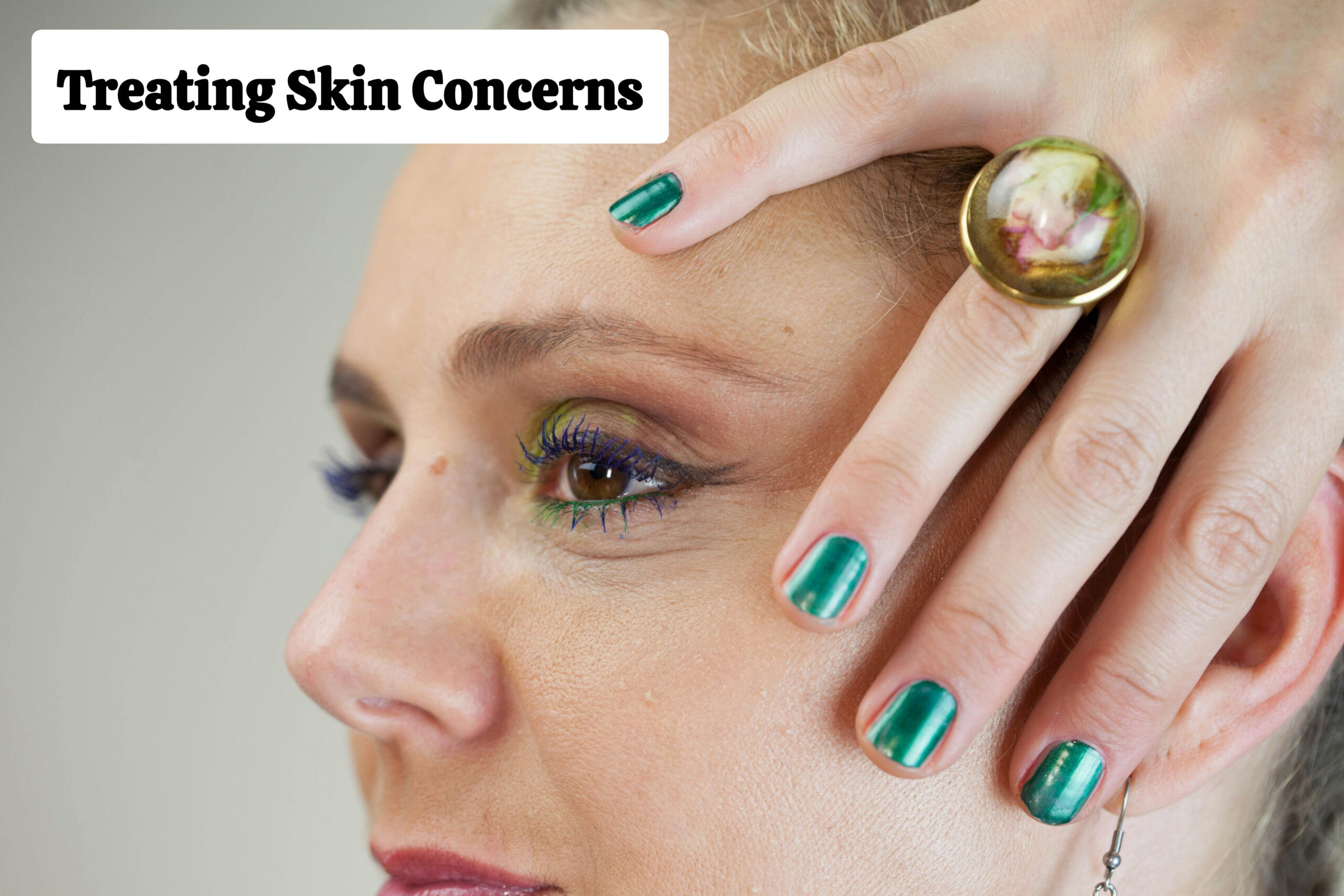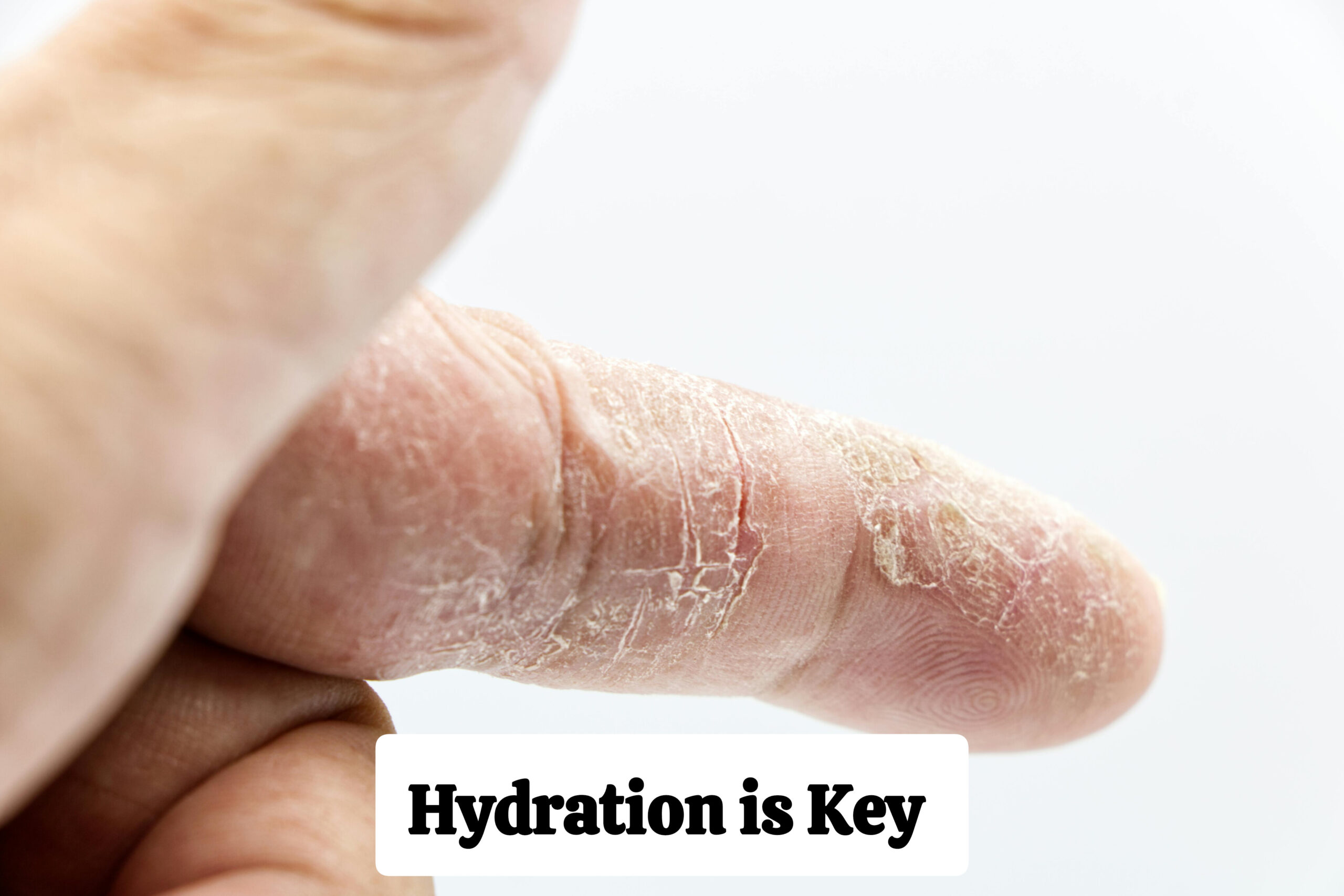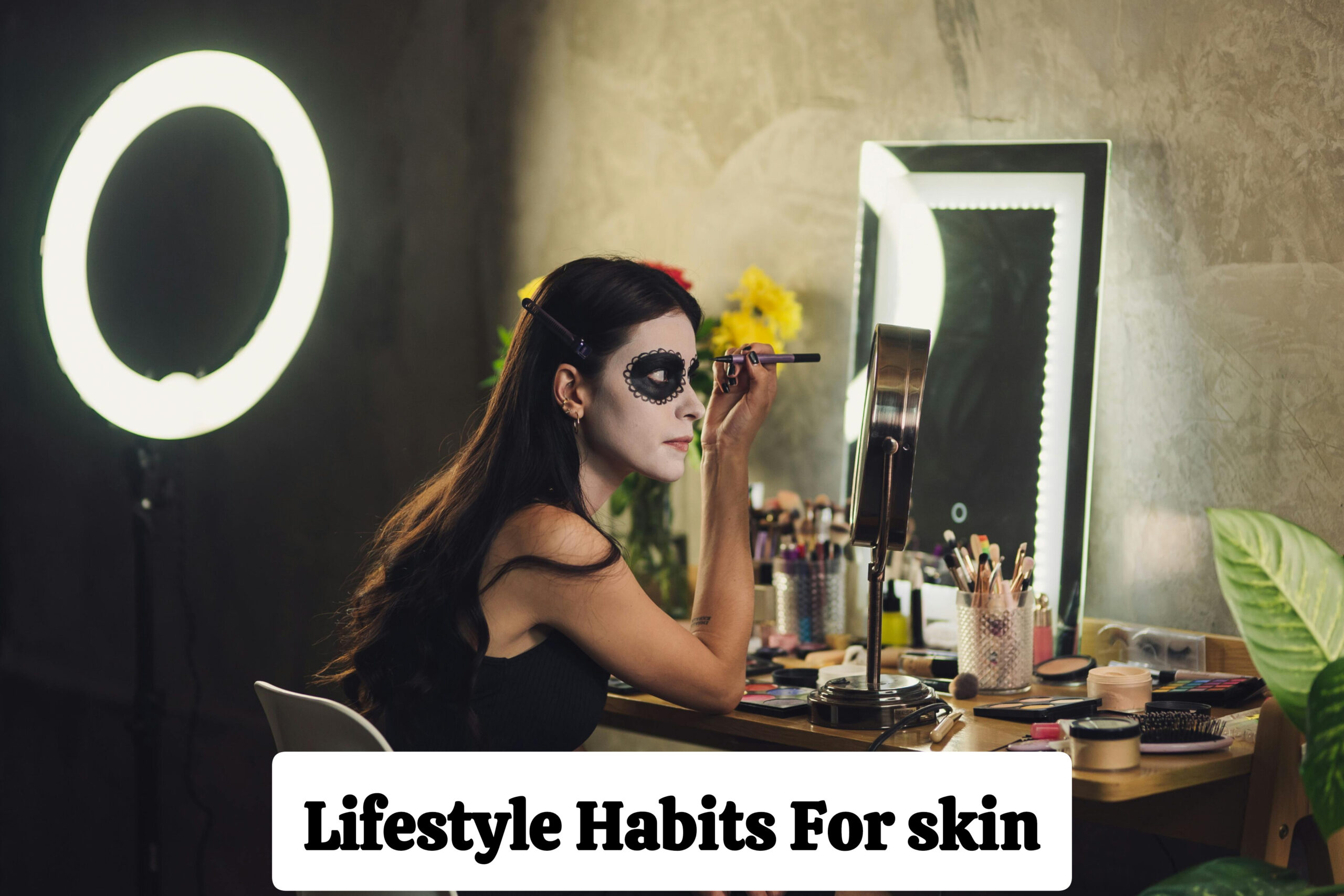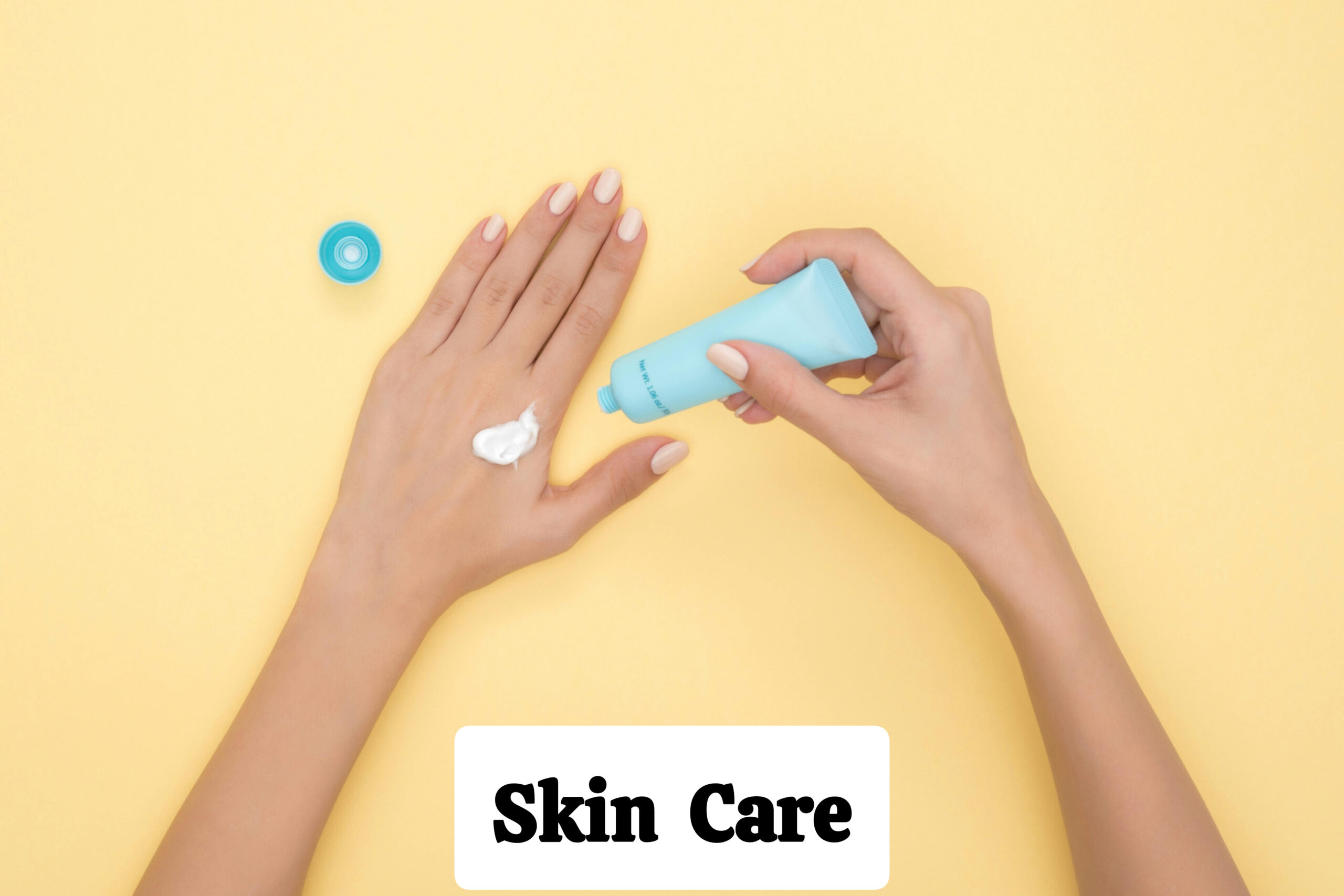Glowing From Within: The Ultimate Guide to Skin Care Tips
- Understand Your Skin Type
Before buying products or following a trend, it’s essential to understand your skin type. There are five primary types:
Normal Skin: Balanced, not too oily or dry.
Dry Skin: Flaky, rough, tight, especially after cleansing.
Oily Skin: Shiny, greasy, often prone to acne and enlarged pores.
Combination Skin: Oily in some areas (usually the T-zone), dry in others.
Sensitive Skin: Easily irritated, prone to redness, itching, or burning.
Tip: Knowing your type helps you choose ingredients and routines that suit your needs rather than worsening problems.
- Build a Simple and Consistent Routine
A basic skincare routine includes cleansing, toning, moisturizing, and SPF.
A. Cleansing
Use a gentle, sulfate-free cleanser twice a day—once in the morning and once before bed—to remove dirt, oil, and impurities.
Dry skin: Cream or oil-based cleanser.
Oily/Acne-prone: Gel or foaming cleanser with salicylic acid.
Sensitive: Fragrance-free, hypoallergenic cleansers.
B. Toning
Toners restore pH balance and prep your skin for serum or moisturizer. Opt for alcohol-free toners with ingredients like rose water, witch hazel, or green tea.
C. Moisturizing
Even oily skin needs moisture. Hydration keeps skin plump and protects the barrier.
Use a light, water-based moisturizer for oily skin.
Use a thicker cream or balm for dry or sensitive skin.
- Exfoliation: Reveal New Skin
Exfoliation removes dead skin cells and enhances product absorption. There are two types:
Physical exfoliants: Scrubs with beads or grains. Use 1–2 times per week.
Chemical exfoliants: AHAs (like glycolic acid) and BHAs (like salicylic acid) that dissolve dead cells.
Caution: Avoid over-exfoliating—it can cause irritation and damage the skin barrier.
- Treating Skin Concerns

Every skin has its battles—acne, pigmentation, dullness, fine lines. Here’s how to target common concerns:
A. Acne
Use benzoyl peroxide, salicylic acid, or niacinamide.
Avoid picking or squeezing pimples.
Keep your pillowcases, phone screen, and makeup brushes clean.
B. Hyperpigmentation
Vitamin C, kojic acid, and niacinamide help fade dark spots.
Daily sunscreen is critical to prevent further darkening.
C. Dullness
Add a brightening serum like vitamin C.
Regular exfoliation and hydration also boost radiance.
- Night-Time Skin Care: Repair and Restore
Night is the best time to help your skin regenerate.
Ideal Night Routine:
- Double cleanse (especially if wearing makeup).
- Apply treatment serums (e.g., retinol or anti-aging).
- Use a moisturizer or night cream to lock in hydration.
- Consider a sleeping mask or facial oil for extra nourishment.
Pro Tip: Sleep on a silk pillowcase to reduce friction and prevent wrinkles.
- Hydration Is Key—Inside and Out

Water supports every function in your body—including skin health.
Drink at least 2-3 liters of water per day.
Use a humidifier in dry climates or during winter.
Hydrating ingredients like hyaluronic acid, glycerin, and aloe vera help draw moisture to the skin.
- Nutrition and Skin Health
You are what you eat—and your skin reflects your diet.
Eat More Of:
Fruits and vegetables: Rich in antioxidants (vitamins A, C, E).
Healthy fats: Omega-3 fatty acids from fish, flaxseed, or walnuts.
Protein: Helps with skin repair and collagen production.
Limit:
Sugary, processed foods and dairy, which can trigger acne in some people.
- Lifestyle Habits That Affect Your Skin

Your habits impact your skin as much as your products.
Sleep: Aim for 7–8 hours nightly. Lack of sleep causes dark circles, puffiness, and breakouts.
Stress: Triggers acne and dullness. Try yoga, journaling, or meditation.
Exercise: Improves circulation and detoxification. Always cleanse after sweating.
- Avoid These Common Skin Care Mistakes
Overwashing: Can strip the skin of natural oils.
Using too many products at once: Leads to irritation and ingredient overload.
Skipping sunscreen: Leaves your skin unprotected, even indoors.
Not removing makeup at night: Clogs pores and causes breakouts.
Ignoring the neck and chest: These areas show signs of aging too.
- DIY and Natural Skin Care Remedies (Use with Caution)
Some natural remedies can be beneficial—if used correctly and with clean ingredients.
Honey: Natural antibacterial; use as a hydrating face mask.
Aloe Vera: Soothes sunburns and hydrates.
Green Tea Bags: Cooled, they reduce puffiness and inflammation.
Cucumber slices: Refresh and hydrate the eye area.
Warning: Avoid lemon juice or baking soda on skin—they can disrupt the skin’s pH and cause burns.
- Seasonal Skin Care Adjustments

Winter:
Use heavier moisturizers and facial oils.
Avoid long, hot showers—they dry out skin.
Keep lips protected with balm.
Summer:
Switch to gel-based moisturizers and oil-free SPF.
Cleanse more frequently due to sweat and pollution.
Use blotting papers or mattifying products if oily.

